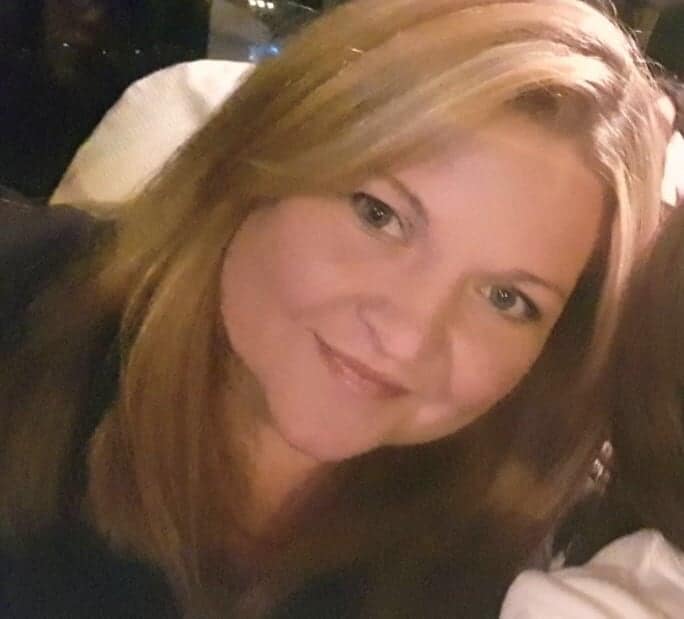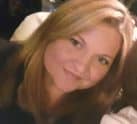
Rev. Dr. Lisa Baumgartner is a trained and gifted spiritual director, chaplain, guide, and ordained elder in the United Methodist Church. In this feature, she shares insights with MysticMag about how spiritual guidance can help explore and nurture your spiritual journey.
Please tell us a bit about your background and what led you to help guide others?
I grew up going to church every Sunday. As an Episcopalian, I had the Book of Common Prayer that provided for me all the words I ever thought I would use in prayer. I also grew to believe in what is called “substitutionary atonement” which is the belief that Jesus died on the cross to save me because I was a sinner. As a teenager with poor self-esteem, it was not helpful to also believe that I was inherently sinful as a matter of fact. Another big piece of who I am is as a child sexual abuse survivor. From ages 13-19, I was raped on a regular basis in my own home. I loved that family member. And that deeply confused me. Because now I believed that it was my own sin that was happening when I was being raped; it was my fault, therefore, it was a sin – not AGAINST me, but within me. Huge difference. I spent many a year questioning religious people about two things: does turning the other cheek mean being a doormat? And how many times am I supposed to forgive? 70 x 7? Is that number for real?
It took a good bit of therapy, maturity and spiritual direction to finally uproot the belief that what had happened to me was my fault and my sin. I also came to understand that this was a situation about which forgiveness is not an issue. All the ministers that I questioned did not have the benefit of knowing the context into which I was living and speaking.
When I finished seminary, I came across the theologian Carter Heyward. I knew her story of ordination in the Episcopal Church but didn’t know what she had written. As a recent seminary graduate, I read Saving Jesus (from those that are right) and it changed my theology, my self-image and ultimately, my identity.
I was called into ministry when I was 14. I always knew I wanted to help others on their spiritual journey. Having had such an incredible experience in freeing myself from atonement notions, I came to understand who I am as a Child of God, and a Child of the Universe, no more or less than anyone else. It was then that I came to understand the importance of spiritual direction for many of us who have survived things as horrible as childhood trauma to just bad theology.
How would you describe Spiritual Direction?
Rumi said that we are all just walking each other home. A spiritual director is someone who walks with you through the questions of faith and more importantly, the experience of faith, or spirituality.
What advice would you offer someone discovering Spirituality and looking to start their journey?
I would say to begin where you are. We try so hard to fit into someone else’s idea of self, or creed, or personhood. We naturally look to each other to develop and grow and our spiritual lives are no different. We may begin to believe what someone else believes. I would say to reject anything anyone else believes for yourself and experience yourself, the core goodness of who you are, within an environment that harbors love. Test the waters, try on some beliefs. See how they fit. Accept what is yours. You will know it when you feel it.
In your opinion, why do people lose hope in challenging times? And what can be helpful?
I think people lose hope easily in a culture that centers on productivity. During Covid, we couldn’t DO as much and many things we had to learn to do differently. There was a mighty increase in mental health issues. We are not used to being with ourselves, to being present. Tagore said that hope is the bird who feels the light and sings while the dawn is still dark,
Do you have any spiritual or self-care routines that you enjoy or would recommend?
I have several spiritual practices. The most regular is my morning prayer, which begins in silence, I work to become present, then I add some intercessions and petitions and finish in centering prayer. I also meet with my own spiritual director. I have two groups of which I am a part, one that studies Christian spirituality and the other that meditates together. While not at work, I journal a lot and on the weekends I will frequently color a mandala in silence of while listening to a podcast on spirituality. There are a lot of adult coloring books and I would say that to work in them, in silence, is to learn prayer.



